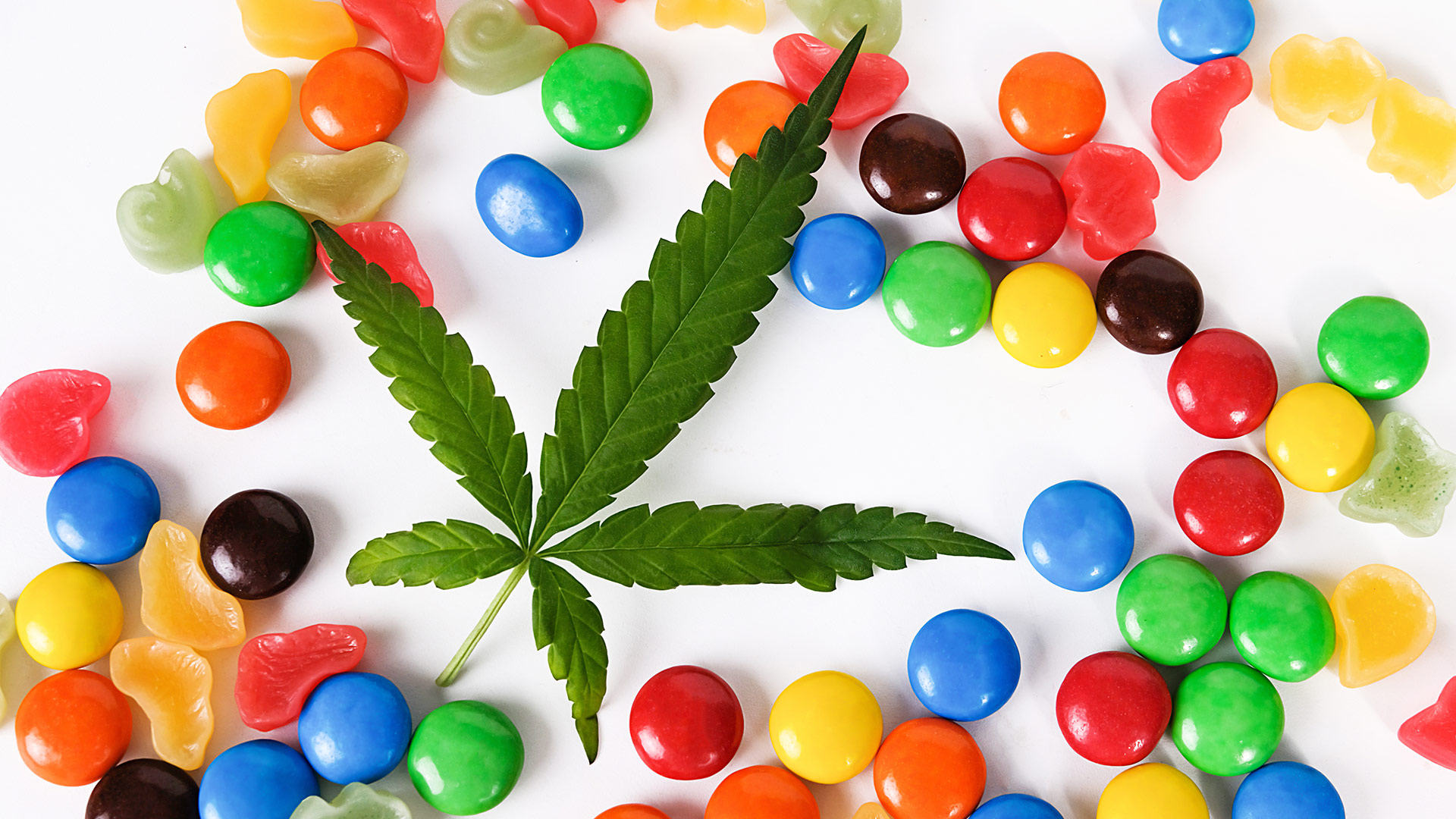
Amid rising concerns about the accessibility of hemp-derived THC products to minors, North Carolina state lawmakers are grappling with regulatory measures to address the issue.
The products in question, often marketed in ways that resemble popular snacks, have raised alarms over their potential impact on middle and high school students. State lawmakers, alongside law enforcement officers and federal agencies, have voiced concerns about the prevalence of hemp-derived THC products such as “Stoneos,” with packaging reminiscent of Oreos, and “Doweedos” instead of Doritos.
This packaging, combined with the absence of age restrictions for purchasing such products, has fueled fears that children are accessing and consuming legal cannabis in forms that are easily mistaken for after-school snacks.
According to Phil Dixon from the UNC School of Government, kids are regularly consuming the hemp-derived THC to get high, and its sale is completely legal even though marijuana is banned in the state.
“There’s no age limit on this stuff,” Dixon told WFAE. “I have prosecutors calling me all the time saying, ‘Hey I have a kid, I found him with a bag of Delta 8 gummies in middle school and I want to charge him.’ And it’s not a crime.”
Delta-8 tetrahydrocannabinol (THC) is a psychoactive compound found in the cannabis plant, offering similar effects to delta-9 THC, the principal psychoactive compound found in marijuana.
Notably, in New York, where marijuana is legal, delta-8 THC is banned due to safety concerns. But North Carolina, one of the most restrictive states for marijuana (it has not even been legalized there for medical purposes), has some of the most liberal laws surrounding hemp.
After the 2018 federal Farm Bill legalized hemp, manufacturers and retailers swiftly flooded the market with delta-8 THC and cannabidiol (CBD) products. These products have largely operated without regulation for the past five years, with no age restrictions on their purchase.
In response to these concerns, State Representatives Wayne Sasser and Jeffrey McNeely have championed House Bill 563 during the current legislative session. The bill aims to regulate hemp-derived consumables, including delta-8 THC products, to limit minors’ access to these substances.
According to the lawmakers, the proposed legislation outlines requirements for licensing manufacturers, distributors and retail sellers of these products within the state. Additionally, it calls for third-party laboratory testing of THC concentrations in each batch of consumables, sets an age limit of 18 or older for purchasing and bans the products on school grounds.
“If [online retailers] do it without a license, there’s gonna be a pretty good penalty. So I think it’s pretty cheap to get in the game. It’s pretty expensive to buy your way out of the problem,” McNeely told NC Health News.
Despite the efforts put into crafting the bill, it has faced challenges in gaining traction. Disagreements over its content have led to a stall in its progression through the legislative process. Notably, the North Carolina Department of Justice expressed concerns about certain provisions of the bill and recommended raising the legal age limit to 21, aligning it with federal alcohol and tobacco laws.
“Instead of rushing this well-intended but flawed legislation through the General Assembly in the waning days of the 2023 long session, DOJ recommends the bill sponsors consider working with public health experts, law enforcement, and other stakeholders to craft stronger legislation for the General Assembly to consider in the 2024 short session,” a letter from the DOJ read.
The Federal Trade Commission and Food and Drug Administration have also taken action against companies marketing hemp-derived THC products with packaging that could appeal to children. Joint cease-and-desist letters were sent to six companies across the country for selling delta-8 THC products in packaging resembling popular snack foods.
Additionally, North Carolina’s Alcohol Law Enforcement (ALE), part of the state Department of Public Safety, has been involved in searches and seizures of illegal THC products, including those marketed with packaging mimicking candy.
“As a result of community complaints and requests from local law enforcement, NC ALE has conducted investigations into the sale of products which were deemed to be controlled substances. Some of these products, which were deemed unlawful, were being marketed to the public as legal hemp-derived products,” ALE public information officer W.A. Happoldt told NC Health News in an email.





